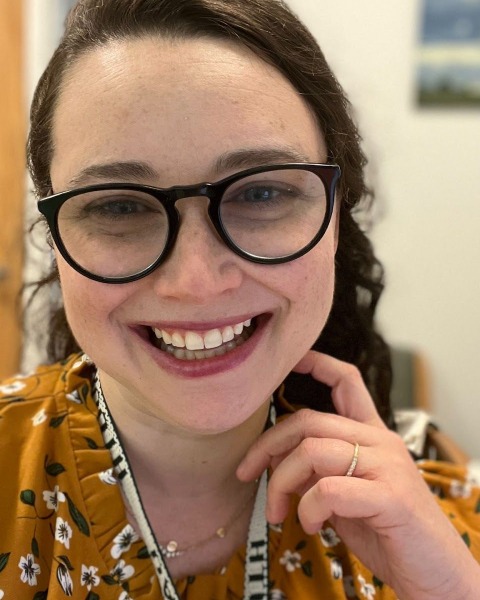Academic and Research Skills
Clinical Research
Health Services Research
Trainee
Practical Thematic Analysis: A Simple, Participatory Approach to Qualitative Analysis
-

Catherine Saunders, PhD, MPH (she/her/hers)
Assistant Professor
Dartmouth Health, Geisel School of Medicine at Dartmouth
Lebanon, New Hampshire, United States -
JL
JoAnna Leyenaar, MD PhD MPH (she/her/hers)
Professor of Pediatrics
Pediatrics
Dartmouth Health Children's
Lebanon, New Hampshire, United States -

Corrie McDaniel, DO (she/her/hers)
Associate Professor of Pediatrics
Pediatrics
University of Washington
Seattle, Washington, United States -

Cathryn Stevens, BA, MEd (she/her/hers)
parent partner
child with medical complexity
Greenville, South Carolina, United States
Leader(s)
Co-Leader(s)
Workshop
Description: Qualitative methods can provide deep and nuanced descriptions of the experiences and perspectives of children and adolescents, their families, and multidisciplinary clinicians. However, lack of familiarity with these methods can be a major barrier to using them effectively. Practical Thematic Analysis (PTA) is a new approach to qualitative analysis recently published in The BMJ. PTA is a streamlined approach to thematic analysis using three steps: Reading, Coding, and Theming, effectively engaging diverse stakeholders throughout the process.
This workshop will review the three PTA steps, the key features differentiating PTA from other qualitative analytic approaches, and common pitfalls. We will also offer guidance on drafting effective codes, conducting an inter-disciplinary and inter-perspective thematic analysis session, and developing meaningful themes. We will use a current pediatric research project being conducted by our team as an example, and lead participants in generating a list of their own research questions and assessment of appropriateness for PTA to answer them. Finally, we will lead a sample thematic analysis session using sample text. At the end of the session, participants will be familiar with the key elements of PTA, be able to assess when PTA is appropriate as a research method, conduct PTA-style coding and generation of themes, and understand the steps of their own potential PTA research project.
An interdisciplinary group of clinicians, researchers and a parent partner will lead this workshop. Two developers of PTA, including the originator, will be present. We will combine a short didactic session with small-group discussions and worksheet exercises.
Learning Objectives:
- Describe the key components of PTA.
- Identify pediatric research questions that could be answered using PTA.
- Demonstrate comfort and familiarity with PTA coding and theming.
